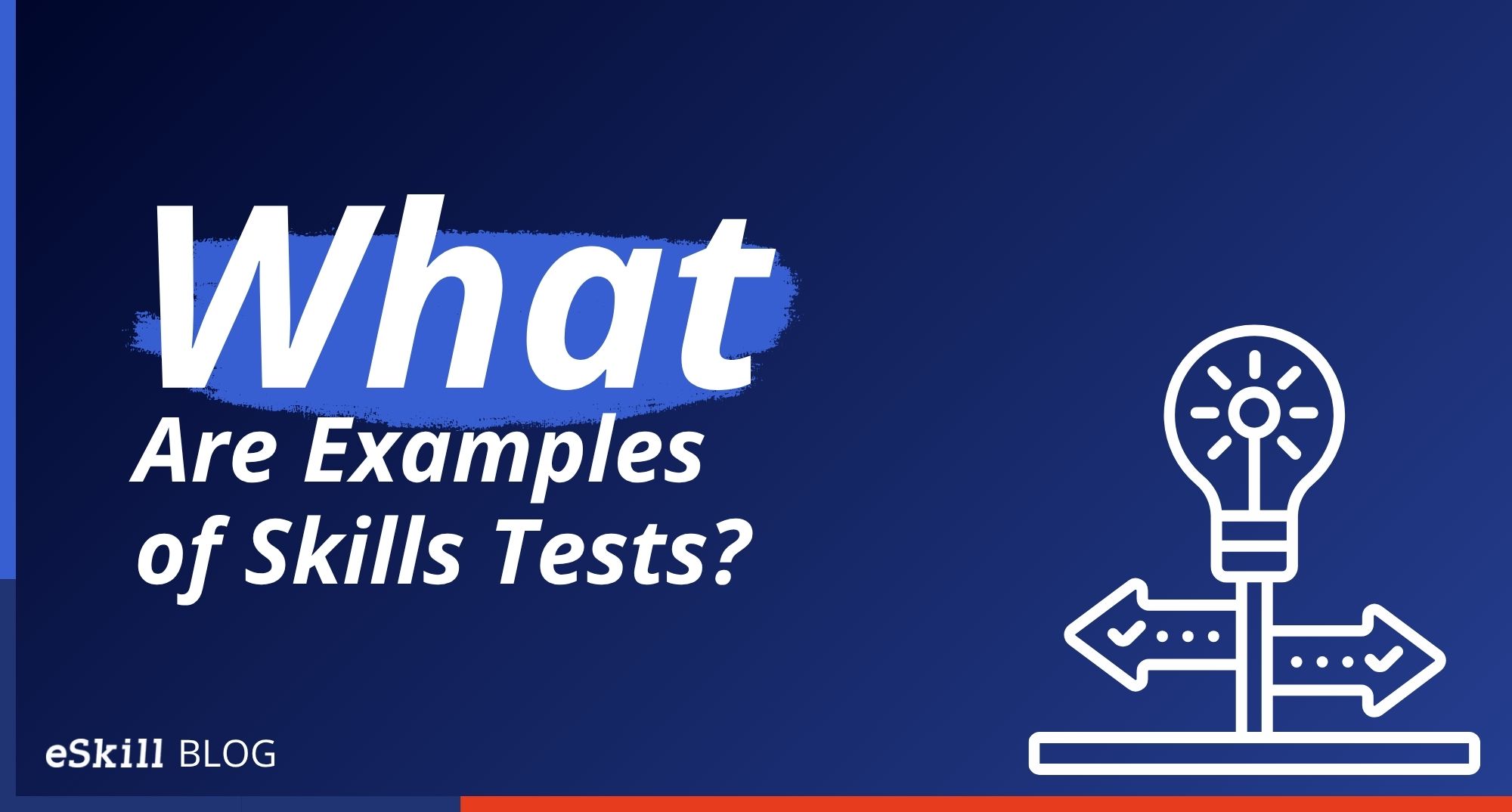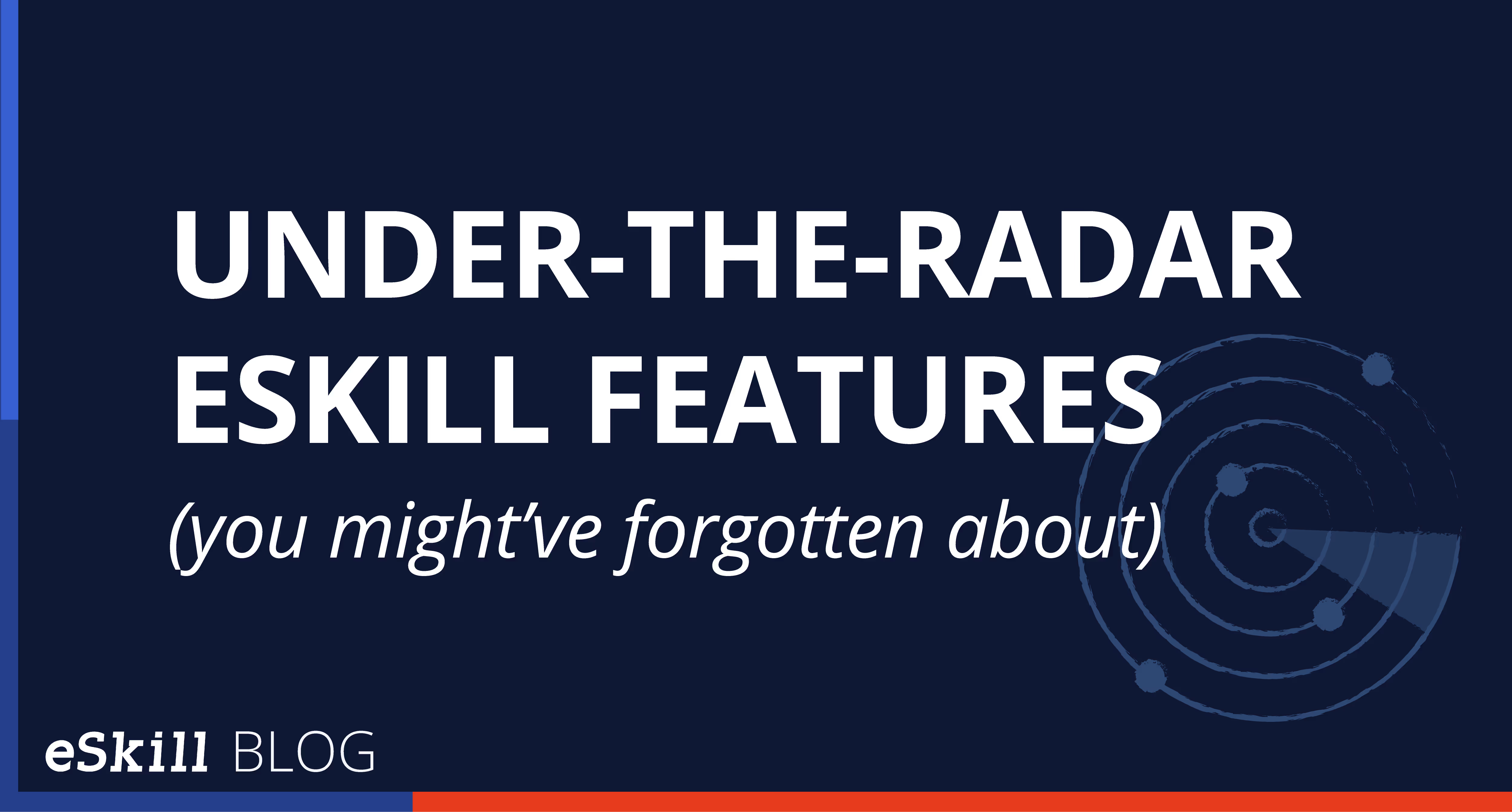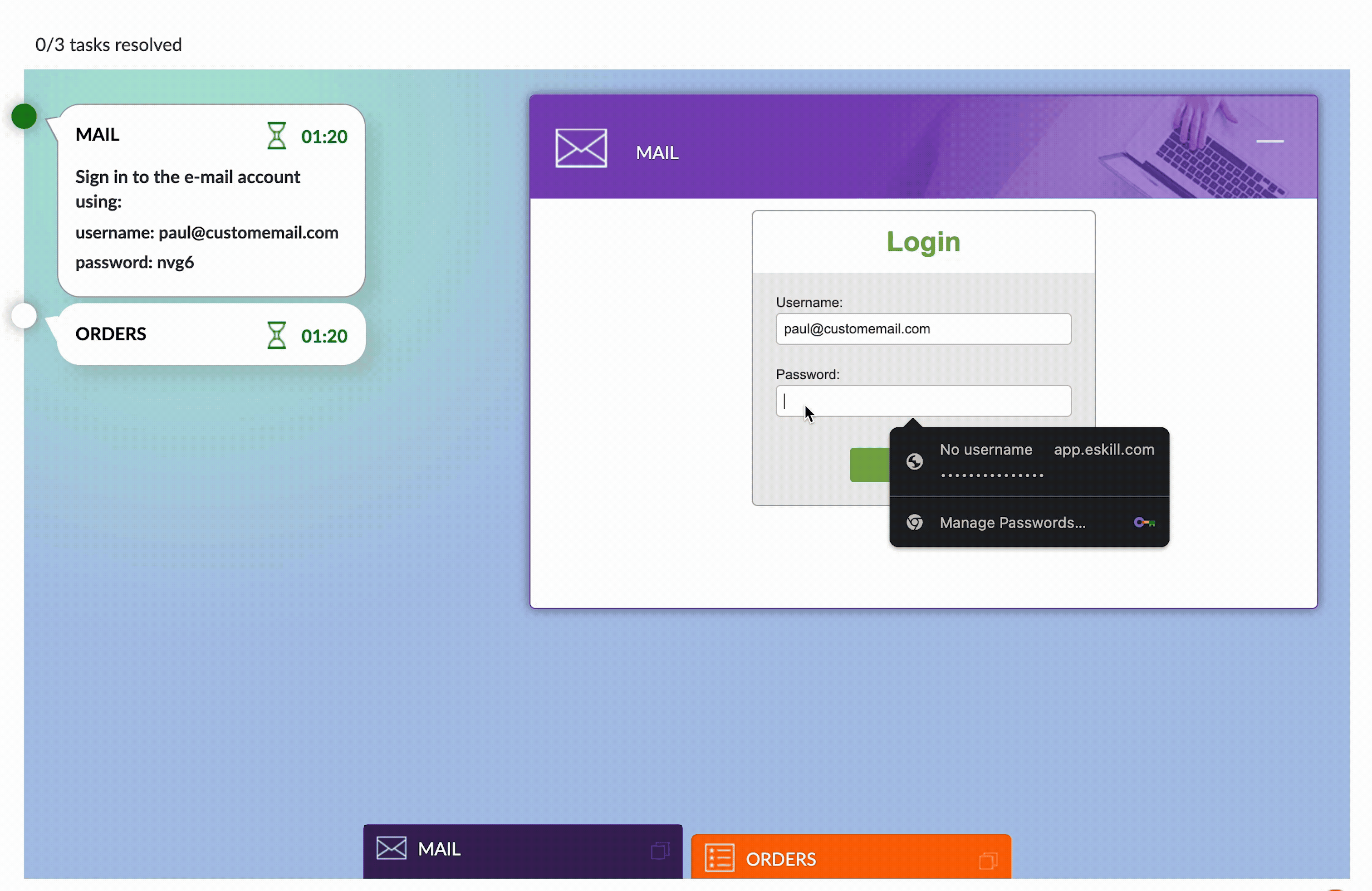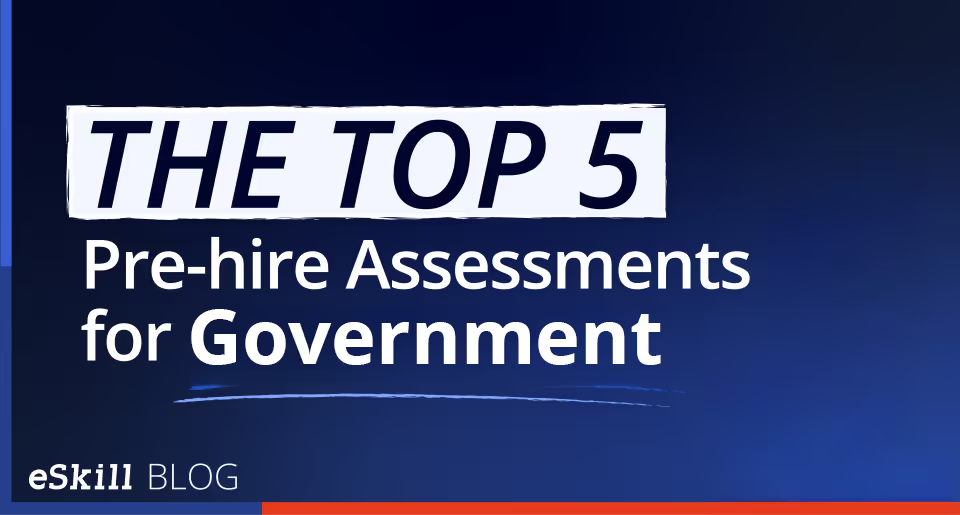HR teams worldwide will attest that the hiring process has become more challenging during the past few years. HR professionals used to use resumes and interviews to identify qualified candidates. This is no longer possible because there is a good chance the information needs to be more accurate. Research shows that over 85% of candidates lie on their resumes and during job interviews
.
Organizations are also having trouble finding candidates with the in-demand skills they need. Many companies have upgraded their technology and implemented digital transformation initiatives, so their needs have changed, and many positions have become obsolete.
Applicants’ skills need to catch up with these changes, and the result is a big skill and knowledge gap. A whopping 68% of C-suite executives say their organizations have a skills gap, and 69% of front-line managers say they regularly deal with a workforce that does not have the skills they need.
Organizations in all industry sectors need to recruit top talent. Many have implemented a skills-testing solution like the eSkill Talent Assessment PlatformTM to instantly screen candidates and identify the ones that have the required job skills and are a good fit for their company culture.
What Types of Skills Tests Do I Need?
You can use skills tests, cognitive assessments, behavioral assessments, or a combination in your hiring process. The type, or types, you need depends on the positions you want to fill.
Skills tests help HR teams confirm that candidates have the abilities and experience needed to do a job. They normally consist of multiple-choice, true/false, and short-answer questions. However, many hiring teams also include simulation questions that replicate their work environment so they can evaluate how applicants will perform on the job.
Video response questions are also popular because they enable hiring teams to measure skills that are difficult to evaluate using written assessments, such as verbal communication, presentation abilities, and foreign language skills.
eSkill clients have access to a library that contains hundreds of subject- and job-based skills tests for virtually every occupation. Hiring teams can use the assessments as-is or modify them by deleting questions and designating question difficulty levels. These are examples of skills tests that are available in the eSkill Assessment Library:
- Administrative Assistant
- 911 Dispatcher
- Credit Analyst
- Civil Engineer
- C++ Developer
- Customer Service Representative
- Executive Assistant
- Electrical Engineer
- Food and Beverage Manager
- Firefighter
- Hazardous Material Specialist
- Logistics Manager
- Machine Learning Engineer
- Medical Transcriptionist
- Paraeducator
- Web Developer
HR professionals can build custom assessments by choosing questions from multiple tests and adding their own questions. An example of a skills test used to hire a web designer might include questions from the Web Designer Skills Test to evaluate creative and design abilities, the Web Developer Skills Test to measure how well candidates can build and manage websites, and the Quality Assurance Tester assessment to see how well they can troubleshoot and resolve website issues.
What Are Cognitive Skills Tests?
Cognitive skills tests help HR professionals determine how well candidates can process and retain information, apply verbal and math skills, learn new skills, and adapt to change. These are examples of skills tests eSkill offers that give hiring teams insight into candidates’ cognitive abilities:
- General Reasoning: Used to evaluate candidates’ analytical skills.
- Verbal Reasoning: Assesses applicants’ ability to understand what they read or hear.
- Numerical Reasoning: Perfect for measuring applicants’ math, analytical, and logic skills.
- Spatial Reasoning: Ideal for measuring candidates’ ability to visualize designs and structures.
Candidates with high cognitive skill test scores are usually good at learning new information and adapting to dynamic, fast-paced environments.
What Do Behavioral Assessments Measure?
An applicant may have the right skills for a job but may not be a good fit for the job and your corporate culture. This is why many companies include behavioral assessments in their skills testing process.
Behavioral assessments indicate how candidates will work and interact with colleagues and customers once hired. They allow you to evaluate attributes such as:
- Work habits
- Teamwork
- Collaboration
- Communication style
- Motivators
- Ethics
- Workplace personality
How Different Types of Assessments Work Together
Skills tests show whether candidates have the right skills to do a job. Cognitive assessments show whether they have the intellectual ability to do the job. Behavioral assessments tell you whether they are a good cultural fit for your organization.
The eSkill Talent Assessment PlatformTM allows you to design comprehensive assessment strategies across your enterprise. These are some ways you can use skills tests, cognitive tests, and behavioral assessments to hire top candidates:
- Modify “off-the-shelf” skills tests to tailor them to match a job role and your company’s requirements.
- Choose questions from multiple skills tests and add your own questions as needed.
- Include questions from cognitive skills tests to verify candidates can learn new skills and grow with your company.
- Include simulations in skills tests that replicate your work environment so you can evaluate how candidates will act in job-related situations.
- Use video response questions to assess abilities that are difficult to measure on paper.
- Include behavioral assessments to ensure candidates are a good fit for a job and your organization.
Are you ready to learn how skills tests can help you improve hiring outcomes throughout your organization? Contact us to request a demo.

Get ademo.






